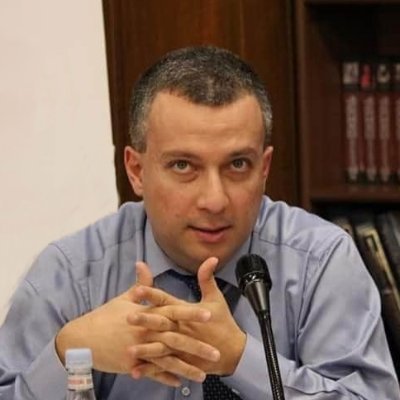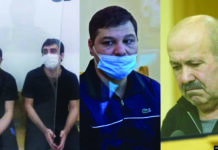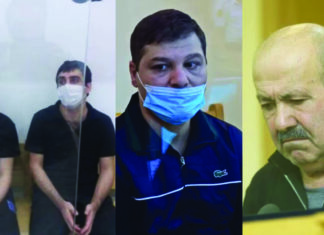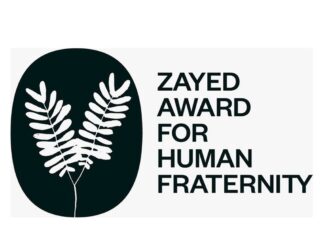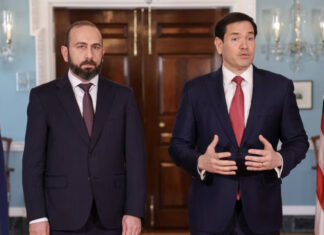On February 18, after the three-month break, Armenia and Azerbaijan resumed negotiations at the Munich Security Conference. The meeting was initiated by US Secretary of State Antony Blinken, who took part along with Karen Donfried, the Assistant Secretary of State for European and Eurasian Affairs, and Louis Bono, the recently appointed new US Senior Advisor for Caucasus Negotiations. This was the first meeting between Armenian and Azerbaijani officials after the November 7, 2022, discussions between Armenian and Azerbaijani foreign ministers in Washington, which again were organized by Blinken.
After the November 7 meeting, Azerbaijan canceled the summit in Brussels, rejecting the Armenian offer to include French President Emmanuel Macron in the Brussels format and imposed a blockade on the self-proclaimed Nagorno Karabakh Republic, while the Armenian foreign minister did not take part in the scheduled meeting with his Russian and Azerbaijani counterparts in Moscow, citing the ongoing Lachin corridor blockade. After momentum in the negotiation process, which resulted in the endorsement of the Prague statement on October 6, 2022, the negotiation process entered an impasse. Meanwhile, despite the absence of direct talks, Armenia and Azerbaijan continued work on the draft of the peace agenda. Azerbaijan sent Armenia its suggestions for a peace agreement in early February. Armenia sent its version of the complete peace agreement in mid-February to Azerbaijan and three co-chair countries of the Organization for Security and Cooperation in Europe (OSCE) Minsk Group.
The negotiating parties did not disclose the initial text of the agreement as well as Armenian and Azerbaijani suggestions. The secretary of the security council of Armenia only mentioned that Armenia, in its last set of suggestions, offered to include the issue of Nagorno Karabakh in the peace agreement and again reiterated that an international mechanism should be established for facilitating Azerbaijan – Nagorno Karabakh negotiations over the rights of Armenians. Azerbaijan’s foreign ministry immediately issued a statement, claiming that attempts to include a clause about Nagorno Karabakh in the agreement were utterly groundless and would be regarded as territorial claims against Azerbaijan. The foreign ministry emphasized that Azerbaijan would never agree on any international mechanism. The discussions between Azerbaijan and Karabakh Armenians were an internal issue of Azerbaijan, and Baku would never tolerate any external involvement.
Despite these contradictory statements, the US Secretary of State argued at the beginning of the trilateral meeting that Armenia and Azerbaijan had a genuinely historic opportunity to secure an enduring peace after more than 30 years of conflict.
However, the statements of President Ilham Aliyev of Azerbaijan after the trilateral meeting and during the panel discussion on South Caucasus security, which took place after the Pashinyan–Aliyev–Blinken meeting, proved that Azerbaijan continued to push forward the same ideas without even minor changes. Aliyev claimed that there could be no mention of Nagorno Karabakh in the peace treaty and reiterated that an Azerbaijani checkpoint should be established on Lachin road.
During the panel discussion, the Azerbaijani President pushed forward the usual Azerbaijani claims that there was no Nagorno Karabakh anymore, only the Karabakh region of Azerbaijan. He also stressed that Armenians are citizens of Azerbaijan, and there would be no special status or mechanism for protecting their rights and even went so far as to reject the fact of the blockade of the Lachin corridor. President Aliyev also reiterated his position that Azerbaijan forced Armenia to sign a capitulation on November 10, 2020 and that the Armenian people accepted the terms of that capitulation by voting for Nikol Pashinyan during the June 2021 early parliamentary elections in Armenia. Meanwhile, he again demanded to remove from Nagorno Karabakh State Minister Ruben Vardanyan, arguing that Azerbaijan was ready to speak to the representatives of its Armenian minority, but only if Vardanyan left the region.



